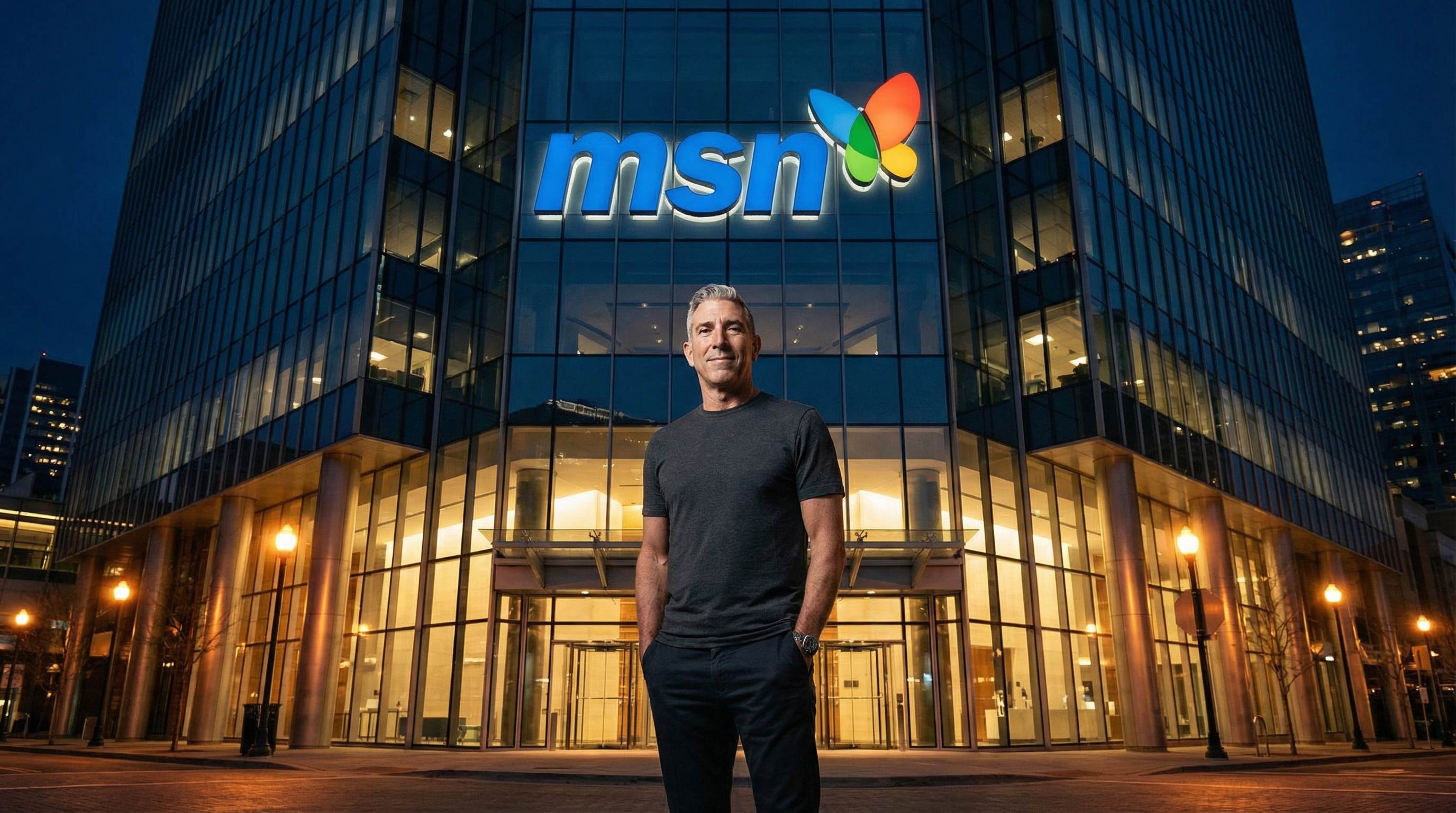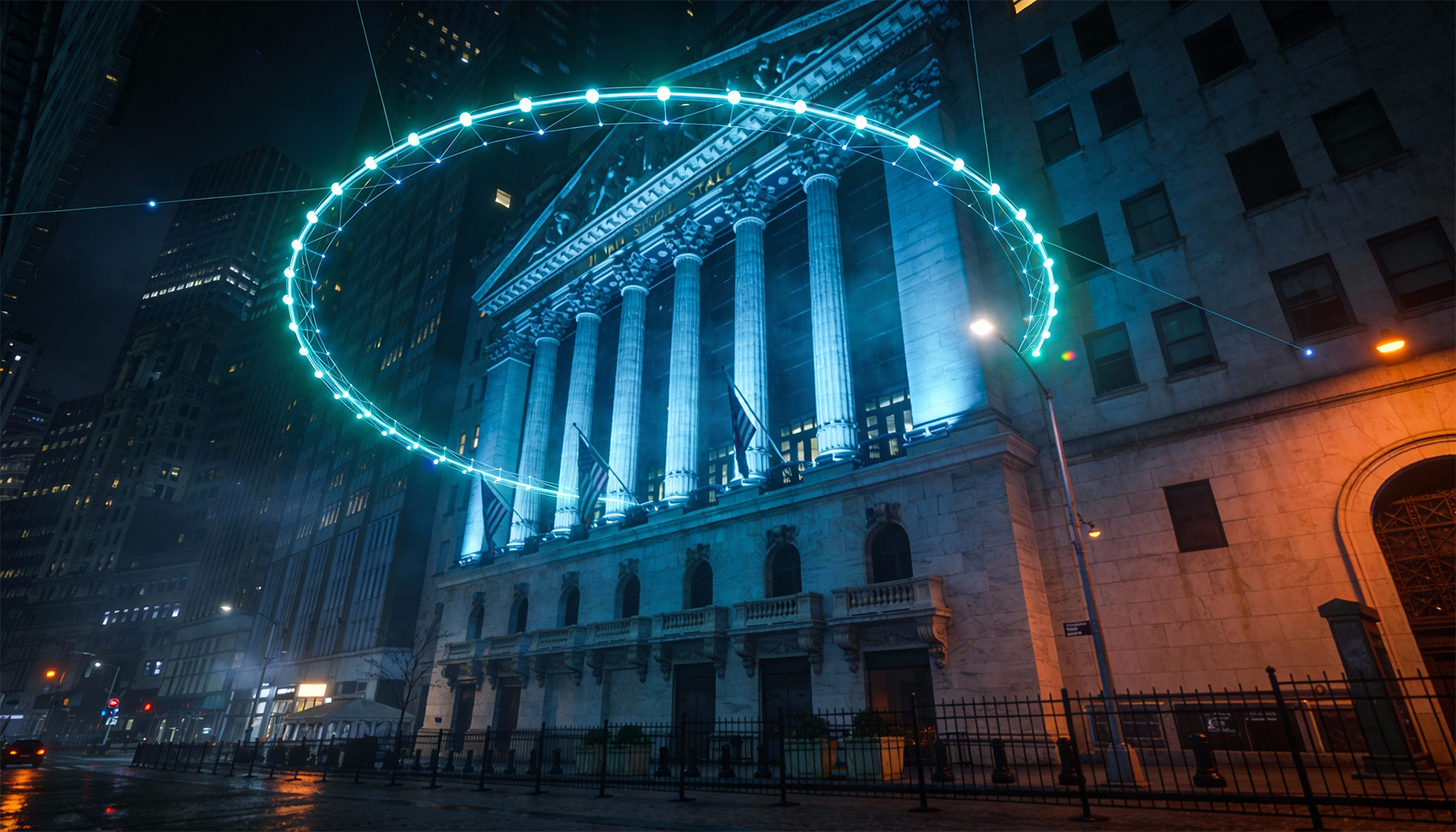BlackRock Eyes $2 Trillion Opportunity with Tokenized ETFs — Why It Matters for the Future of Tokenization and Deal Box

BlackRock, the world’s largest asset manager with more than $12.5 trillion under management, is preparing to take its most ambitious step yet into blockchain finance. According to reporting from CryptoNews, the firm is exploring the tokenization of exchange-traded funds (ETFs) tied to real-world assets (RWAs). If successful, the move could spark a multi-trillion-dollar wave of innovation, transforming the way global markets operate.
For Deal Box, a firm built on the promise of tokenization, BlackRock’s latest push is more than a headline. It is confirmation that the world’s most powerful financial institutions now see tokenization not as an experiment, but as the future of global finance.
The Significance of Tokenized ETFs
Tokenization is the process of creating blockchain-based representations of traditional financial instruments. In the case of ETFs, tokenization would allow investors to buy, sell, and hold shares on-chain rather than through legacy clearinghouses. This unlocks a range of powerful advantages.
Tokenized ETFs would no longer be bound by Wall Street’s trading hours or multi-day settlement periods. Instead, they could be traded globally, 24/7, with near-instant settlement. Fractional ownership would make ETFs more accessible to investors who may not be able to buy full shares, and tokenized ETFs could serve as collateral in decentralized finance (DeFi) platforms, merging traditional products with digital ecosystems.
BlackRock has already proven that this model works. Its BUIDL tokenized money-market fund crossed $2 billion in assets in under a year, becoming one of the most successful on-chain products to date. Meanwhile, its spot Bitcoin ETF (“IBIT”) has attracted billions in inflows, making it one of BlackRock’s fastest-growing funds. Together, these products provide the foundation for the next step: tokenized ETFs tied to equities and bonds.
Why This Matters for Tokenization
The implications of this are profound. Tokenization has long been heralded as the “next frontier” of finance. Analysts at Animoca Brands estimate that tokenizing traditional assets could eventually open access to a $400 trillion global market. Already, the tokenized RWA sector has surged to $26.5 billion in 2025—up 70% since January—with most of that concentrated in Treasuries and private credit. Reports from Skynet Research project the market could hit $16 trillion by 2030.
But for all the growth, skeptics have wondered whether tokenization would remain niche, confined to smaller players and crypto-native platforms. BlackRock’s interest answers that question definitively. When the world’s largest asset manager begins preparing to tokenize ETFs, the message is clear: tokenization has graduated from theory to inevitability.
For institutions, tokenized ETFs offer a pathway to greater efficiency, lower costs, and global accessibility. For individual investors, they provide exposure to high-quality assets once restricted by geography, wealth, or infrastructure. This is the democratization of finance in action, powered by blockchain.
Deal Box’s Role in the New Market
At Deal Box, tokenization has always been the core thesis. We’ve built a platform around the belief that capital markets need transparency, accessibility, and efficiency—and that blockchain-based tokenization provides the infrastructure to deliver it.
Where BlackRock validates tokenization at the trillion-dollar level, Deal Box enables entrepreneurs, emerging funds, and private issuers to participate in the same movement at scale. By packaging, structuring, and tokenizing deals, we provide access to opportunities that would otherwise remain siloed. In this way, we act as the connective tissue between institutional innovation and real-world adoption.
The launch of tokenized ETFs at BlackRock will not erase the need for specialized platforms—it will amplify it. As large institutions tokenize traditional products, investor demand for diversified, alternative tokenized assets will only grow. Deal Box is positioned to deliver those opportunities, from tokenized equity in emerging companies to tokenized debt and revenue-sharing agreements.
The Broader Landscape
BlackRock is not alone in pursuing tokenized products. Ondo Finance recently launched Ondo Global Markets, a platform that provides tokenized access to more than 100 U.S. stocks and ETFs, built on Ethereum. In Asia, SBI Holdings has teamed up with infrastructure provider Startale to create a tokenized stock and RWA platform, forecasting a $19 trillion market opportunity by 2033.
What separates BlackRock’s entrance is scale. No other firm has the balance sheet, distribution, and credibility to bring tokenized ETFs mainstream. Once BlackRock enters, other giants—Fidelity, Vanguard, State Street—will inevitably follow. Just as ETFs displaced mutual funds as the default investment vehicle, tokenized ETFs could redefine the standard for the next generation of investors.
Challenges Ahead
Despite the momentum, hurdles remain. Tokenized ETFs will require regulators to reconcile blockchain’s real-time settlement with Wall Street’s legacy clearing infrastructure. Custody rules must adapt to tokens held in wallets instead of traditional accounts. Compliance frameworks must evolve to ensure that retail and institutional investors are protected.
Yet progress is already underway. Nasdaq has filed with the SEC to list tokenized stocks, a sign that regulators are increasingly open to experimentation. As the regulatory scaffolding takes shape, the demand from institutions and investors alike will force rapid adoption.
Why This Matters Now
The timing is critical. The tokenized RWA market is already growing exponentially, with Treasuries and private credit leading the way. BlackRock’s potential ETF move signals the expansion of tokenization into equities and broader markets. As this ecosystem matures, early adopters will benefit most.
For Deal Box, this means greater validation of our strategy and a larger stage for our mission. Our work to package and tokenize private opportunities complements BlackRock’s efforts at the institutional level. Together, these innovations push the financial system toward a future that is faster, more transparent, and more accessible.
Conclusion
BlackRock’s consideration of tokenized ETFs represents a watershed moment in finance. It signals that tokenization is no longer an experiment on the fringes but a strategic priority at the very center of global capital markets. The potential market—trillions of dollars strong—ensures that the race is just beginning.
For tokenization advocates and builders, this is the moment we’ve been anticipating. At Deal Box, it validates our mission to democratize access to high-value assets, empower issuers, and deliver innovative investment opportunities through tokenization.
The message is clear: the future of finance is on-chain. BlackRock is paving the way for institutions, and Deal Box is making sure the benefits flow to entrepreneurs and everyday investors. Together, we are witnessing the dawn of tokenized capital markets—an evolution that will shape wealth creation for decades to come.
















